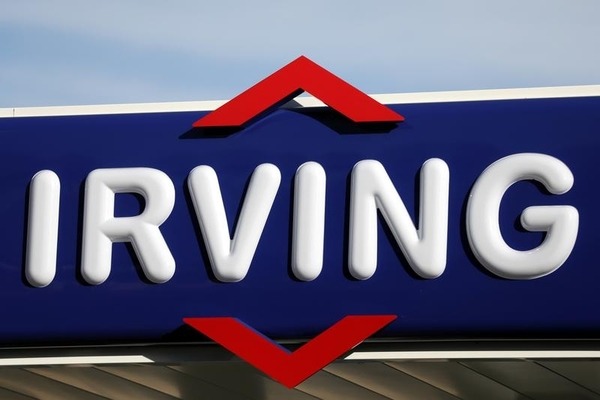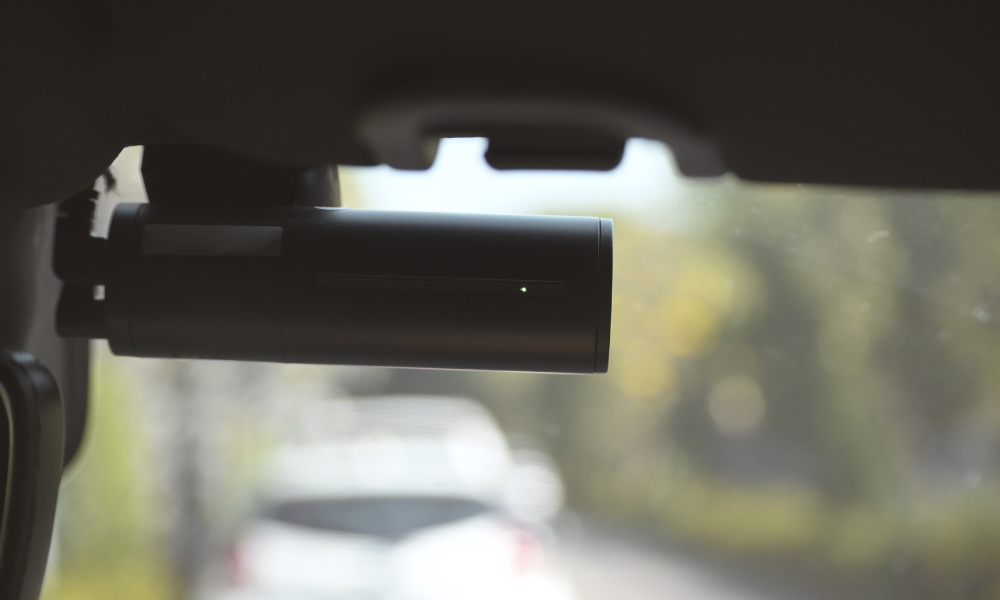Chad Smith was struck by rear-end loader, driver suffering 'needless anguish'

JD Irving Limited has been sentenced to pay $89,500 after a worker was fatally struck by a loader at its sawmill near Truro, N.S. The penalty is the fourth largest for an occupational health and safety violation in Nova Scotia in the last 20 years.
Truro provincial court Judge Alain Bégin fined the company $34,500 (inclusive of the victim fine surcharge) and it was ordered to pay $55,000 to the Nova Scotia Community College Foundation to establish an annual bursary in memory of Chad Smith, the worker who was killed. The bursary is to be awarded to students in the occupational health and safety program.
On June 27, 2016, Smith was fatally injured at the Irving sawmill in Valley, N.S., after being struck by a Komatsu A320 rear-end loader. Smith was struck while crossing a shared vehicle/pedestrian bridge located at the sawmill. He died two months before his wedding date at the age of 28.
Smith was running late on the day of the incident and was rushing to cross the bridge and get to his position at the boiler-house. Meanwhile, an Irving employee was crossing the bridge in the loader. His view included a number of blind spots and was limited by the design of the loader and the load he was carrying. The driver did not see Smith at any time as he approached and crossed the bridge. The driver was the first to find Smith when he was travelling back across the bridge.
The driver and other employees attempted first aid and called 911. The fire department, Emergency Health Services (EHS) and RCMP came to the site, but Smith succumbed to his injuries at the scene.
According to the government’s special OHS prosecutor, Alex Keaveny, the driver continues to suffer terribly from the trauma of the incident.
“Judge Bégin stated that he hoped JD Irving would apologize to (the driver) for the needless anguish they caused him by letting him believe for years that he was responsible for this tragedy... (He) made it 100 per cent clear that JD Irving was solely responsible for this tragedy, and that Smith and (the driver) were only following the flawed safety system JD Irving had set up at the mill.”
At the time of the incident, the bridge did not have any barriers to separate pedestrian and lift trucks at congested areas. Irving had a Site Walk Zone Policyfor the sawmill that set out various routes for pedestrians, but some of these routes did not avoid lift truck traffic. There were no stop signs or other formal requirements mandating that lift trucks stop at all intersections. There were no marked crosswalks and the Site Walk ZonePolicy included only general advice, although there was a requirement to make radio contact with operators when in certain areas of the yard (but not the bridge).
Irving undertook a review of the Site Walk Zone Policy following the incident. As a result, the company has spent in excess of $100,000 on site improvements, implementing a new policy and additional safety training. Improvements include:
• construction of a new pedestrian-only bridge
• installation of stop signs at the bridge
• installation of new barriers to separate vehicle traffic and pedestrians along the Site Walk Zone
• a clearly marked Site Walk Zone
• retention of a safety consultant to provide safety leadership training and coaching to supervisors.
This article originally appeared in the October/November 2018 issue of COS.





